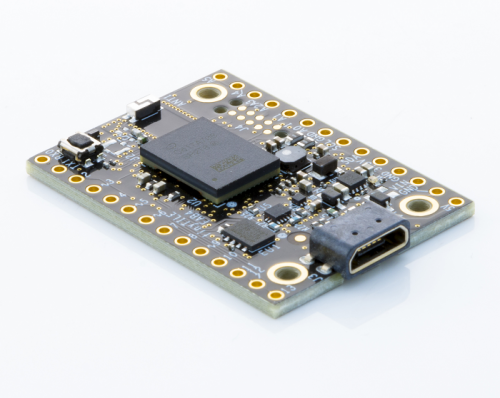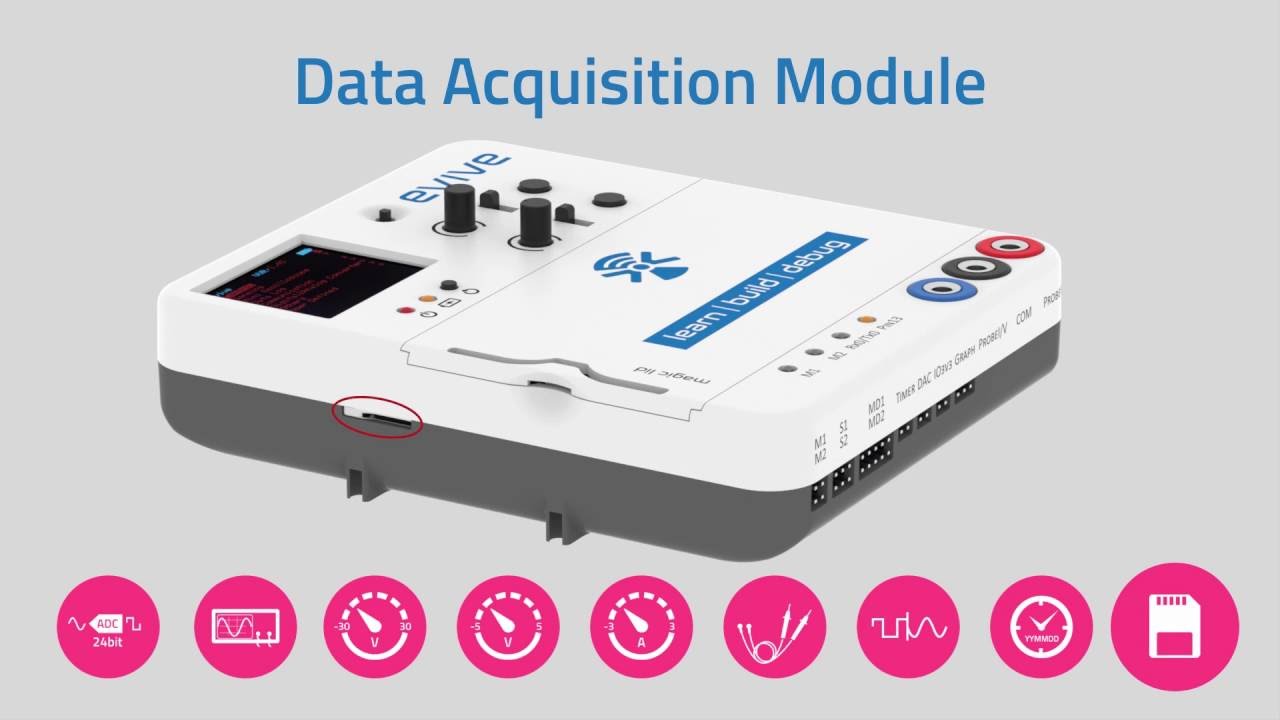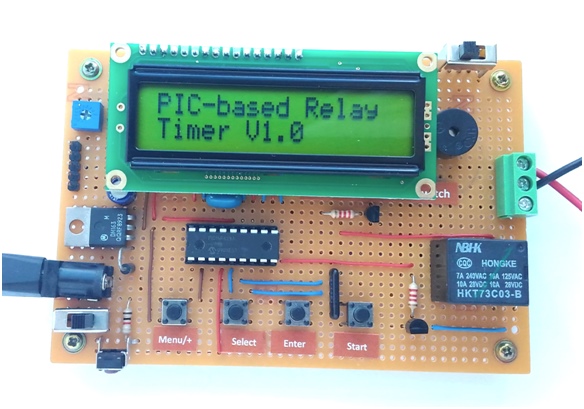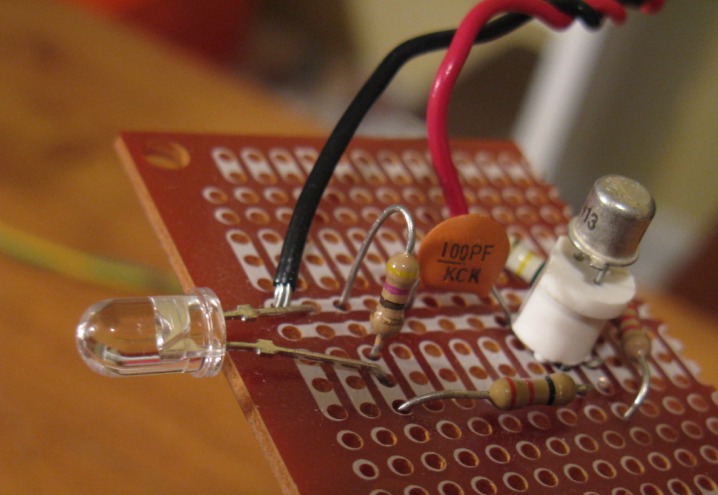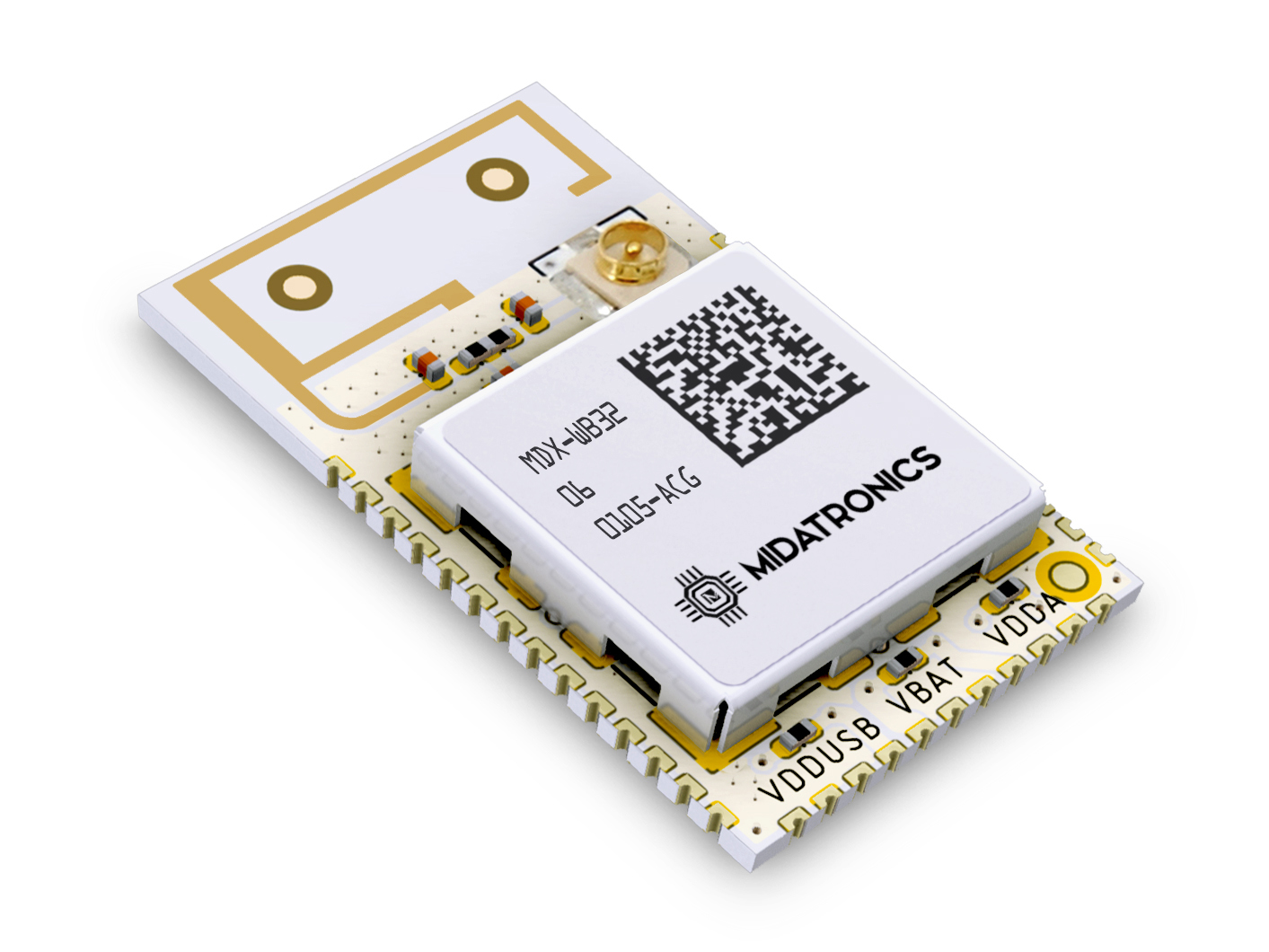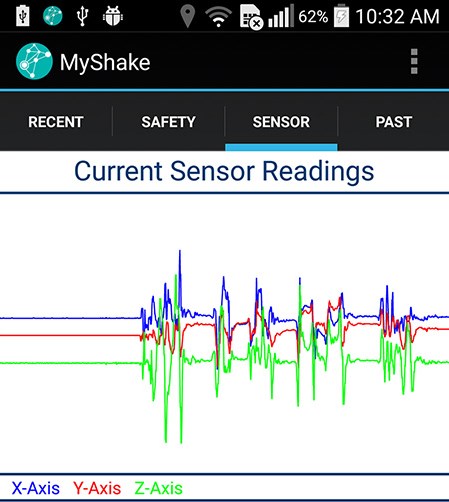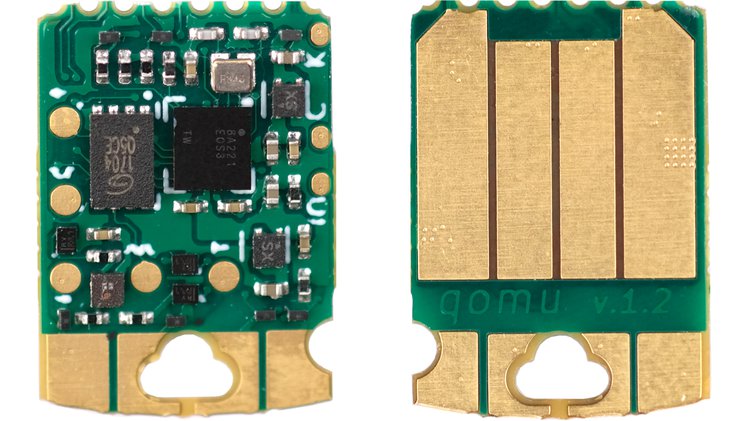
Tomu family of USB devices has recently introduced a small form factor board that is not only a single MCU or an FPGA, but a complete System-on-chip that fits easily inside a USB port.
The tiny compact board called Qomu, is a capable USB device that integrates an EOS S3 low-power MCU and an eFPGA with 100% open source tools. The MCU can run up to 80 MHz while the embedded FPGA has about 2,400 effective logic cells and up to 64 Kbits of available embedded RAM.
Whether it’s a glue logic for a new peripheral or an accelerated machine learning classifier that you need, the EOS S3 SoC makes it easier to make fine-grained design tradeoffs. Contained within the chipset is a 16-channel DMA for efficient data movement, configurable serial peripheral interface, I2C controller interfaces and two dedicated multipliers that can be used to offload math-intensive functions.
Qomu is compatible with a number of open source tools, so you don’t have to worry about being an expert with Verilog before you can use the FPGA. They include nMigen for Python-to-FPGA design flow, Zephyr, FreeRTOS, SymbiFlow and Renode. The board also features about 16 Mbit flash, 3x RGB LEDs and up to 4x capacitive touchpads.
Some of the key features and specifications of this board include:
- QuickLogic EOS S3 SoC that integrates:
- An Arm® Cortex-M4F MCU that can be clocked at up to 80 MHz
- embedded FPGA with 2,400 effective logic cells
- 512 KB system memory
- 64 Kbits of embedded RAM with about eight RAM/FIFO controllers
- 2x dedicated multipliers for offloading math-intensive functions
- 16-channel DMA (for efficient data movement within the chipset)
- Configurable SPI controller and peripheral interface
- I2C controller interface
- Ultra low Power consumption (in µW)
- 16 Mbit Flash
- 3x LEDs (R G B), and,
- 4x capacitive touch pads
The board which can be used with low-power machine learning-capable devices, is a perfect EOS S3 development kit to get started with. It is the kind of device that you can carry anywhere even while you are still at your project. Just slot it into any USB Type-A port and it becomes easy to move around.
The board project is still looking for community funding and is yet to be launched on Crowdsupply, but you can sign up here to receive updates and notifications when it finally does. Hopefully that should come up sometime around the beginning of next year.
More details about the board can also be found here: https://www.crowdsupply.com/quicklogic/qomu





